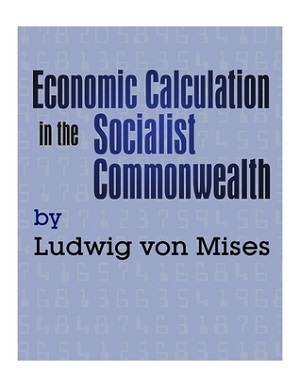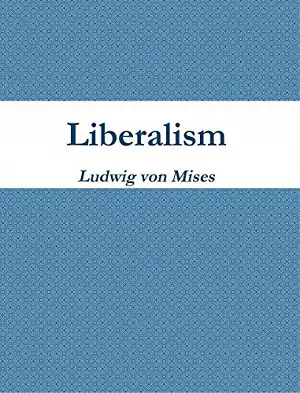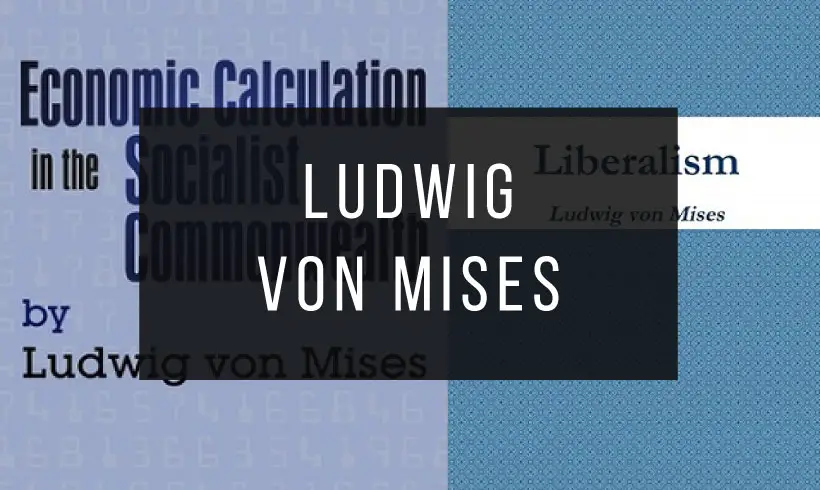Delve into the profound economic insights of Ludwig von Mises with our free collection of Ludwig von Mises books in PDF format.
Ludwig von Mises, a leading figure in the Austrian School of Economics, is renowned for his groundbreaking theories on human action, free markets, and economic principles. His works remain essential reading for economists and thinkers worldwide.
From his monumental Human Action to insightful works like The Theory of Money and Credit, Ludwig von Mises’ writings offer a deep understanding of market dynamics and the philosophy of individual freedom.
Perfect for students of economics, policymakers, and curious minds, this collection provides valuable resources to explore the ideas that continue to shape modern economic thought.
Download these Ludwig von Mises books in PDF now and engage with the timeless wisdom of a true pioneer in economic theory.
1) Economic Calculation in the Socialist Commonwealth

Economic Calculation in the Socialist Commonwealth is an article by economist Ludwig von Mises. His critique of economic calculation in a planned economy triggered the debate on economic calculation that has lasted for decades.
The article was first published in German in 1920 under the title Die Wirtschaftsrechnung im sozialistischen Gemeinwesen and was based on a lecture Mises delivered in 1919 in response to a book by Otto Neurath, who argued for the feasibility of central planning.
Mises argued that prices for capital goods could not be obtained in a socialist economy if the government owned the means of production, since all exchanges would be internal transfers, rather than "objects of exchange," which would put the price mechanism out of order.
2) Liberalism

Liberalism is a book containing an economic analysis and a strong critique of socialism.
It was first published in 1927 by publisher Gustav Fischer Verlag in Jena, Germany, in defense of classical liberal ideology based on individual property rights.
Starting from the principle of private property, Mises shows how the other classical liberal freedoms are derived from property rights and argues that liberalism free from government intervention is necessary to promote peace, social harmony and general welfare.
The book was translated into English by a student of Mises, Ralph Raico, but its first English edition in 1962 was titled "The Free and Prosperous Commonwealth" instead of Liberalism.







































